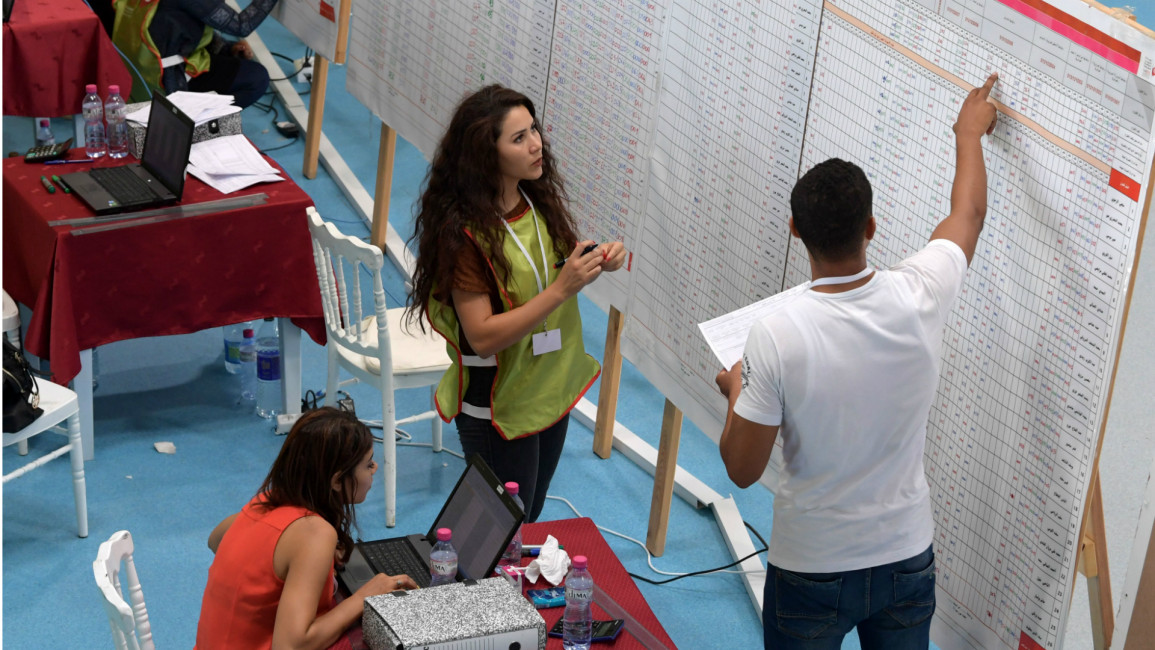New electoral law in Tunisia unfair to women: HRW
A new electoral law introduced by Tunisian President Kais Saied in September eliminated the principle of gender parity in elected assemblies, a Human Rights Watch (HRW) report said earlier this week.
"The new law strips gender parity provisions from a previous electoral law that strove to ensure equal representation between men and women in Tunisia’s elected assemblies, although Tunisia’s new constitution explicitly upholds this principle," the report said.
In what was labelled a sham vote by critics, a majority of Tunisians voted in favour of a new constitution this summer which gave the president far more powers.
Amendments to the electoral law in 2014 required political parties to give women a higher quota in their candidate lists. By 2017, political parties had to ensure that women made up at least half of their lists.
"The new electoral law, however, replaces the previous proportional representation system by a single-member constituency system without providing provisions aimed at equal gender representation," said HRW.
Under the new electoral law - to be implemented in the 17 December vote - potential candidates need to submit 400 signatures of registered voters from their constituencies to run in the elections. They also must finance their campaigns privately and cannot use public money.
HRW believes this could disempower women who are likely to have fewer networks and connections.
"Eleven years ago, the Tunisian people rose up against a dictator. Today, they are back to square one."@AlessandraBajec examines how Tunisia's new constitution will enshrine Kais Saied's one-man rule 👇 https://t.co/qhXkur8DSY
— The New Arab (@The_NewArab) July 15, 2022
The Independent High Authority for Elections in Tunisia announced Thursday that 1,058 out of 1,427 candidacy applications for the elections have been approved.
It said those rejected did not meet legal requirements, but that those applicants could appeal at the Administrative Court.
President Saied has been the receiving end of intense criticism ever since he suspended parliament and sacked the government in July 2021, in a move widely regarded as a coup by his political rivals.
Saied has since gone on to sack a number of other government officials, including several judges who have staged numerous protests against him. In doing so, the North African leader has granted himself sweeping powers of the country's judiciary, which has drawn condemnation by rights groups and governing bodies.
He says his moves were necessary to safeguard the country from what he said was rampant corruption and mismanagement by the ruling Ennahda party, a moderateIslamist-inspired group which held a majority in the Tunisian parliament.



